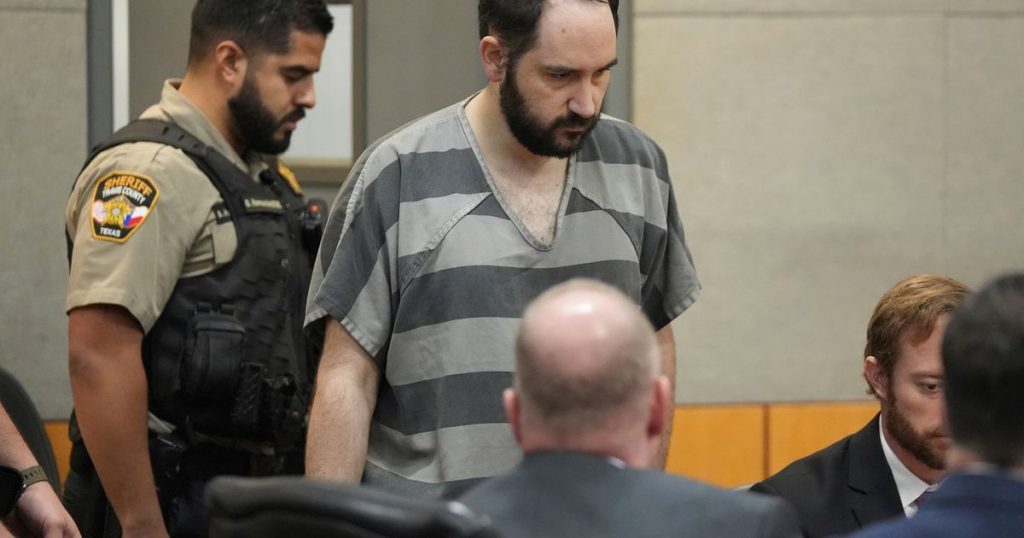This decision comes after the soldier was sentenced to 10 years in prison in August 2021 for the killing of the armed demonstrator during protests against police brutality in Austin, Texas. The former sergeant claimed self-defense in the shooting, stating that he believed the protester was reaching for a firearm. The case drew national attention and sparked debates on the use of force by law enforcement and individuals during protests.
Governor Abbott’s decision to grant a full pardon to the former Army sergeant has been met with mixed reactions. Supporters of the soldier argue that he was acting in self-defense and should not have been prosecuted for protecting himself and others. They view the pardon as a just outcome to a situation where the soldier’s actions were justified. However, critics of the decision believe that pardoning the convicted murderer sets a dangerous precedent and undermines the justice system’s ability to hold individuals accountable for their actions.
The shooting incident that led to the soldier’s conviction occurred during a period of heightened tensions and violence in the United States following the killing of George Floyd by a police officer. Protests erupted in cities across the country, with clashes between law enforcement and demonstrators becoming increasingly common. The soldier’s case highlighted the challenges faced by individuals tasked with maintaining order during these tumultuous times and raised questions about the appropriate use of force in such situations.
Governor Abbott’s decision to pardon the former Army sergeant has reignited discussions about the role of law enforcement and the justice system in dealing with civil unrest. Some argue that the soldier’s actions were lawful and necessary to protect himself and others, while others believe that his use of deadly force was unjustified and should have been punished accordingly. The pardon has sparked debates about the balance between protecting individual rights and maintaining public safety in times of crisis.
The soldier’s case underscores the complexities of law enforcement’s role in addressing civil unrest and the challenges faced by individuals tasked with maintaining public order during protests. The decision to grant a full pardon to the former Army sergeant reflects Governor Abbott’s stance on law and order and his belief in supporting individuals in uniform. However, the pardon has also raised concerns about the implications for accountability and justice in cases involving the use of force. The soldier’s case serves as a reminder of the difficult decisions faced by those tasked with upholding the law in turbulent times.
In conclusion, Governor Abbott’s decision to pardon the former U.S. Army sergeant convicted of murder in a high-profile shooting during protests in 2020 has sparked intense debate and raised important questions about the use of force, justice, and accountability. The case serves as a reminder of the challenges faced by law enforcement and individuals tasked with maintaining public order during civil unrest, as well as the complexities of balancing individual rights and public safety. The pardon has divided opinions, with supporters of the soldier applauding the decision as a just outcome, while critics argue that it sets a dangerous precedent and undermines the justice system’s ability to hold individuals accountable for their actions.







